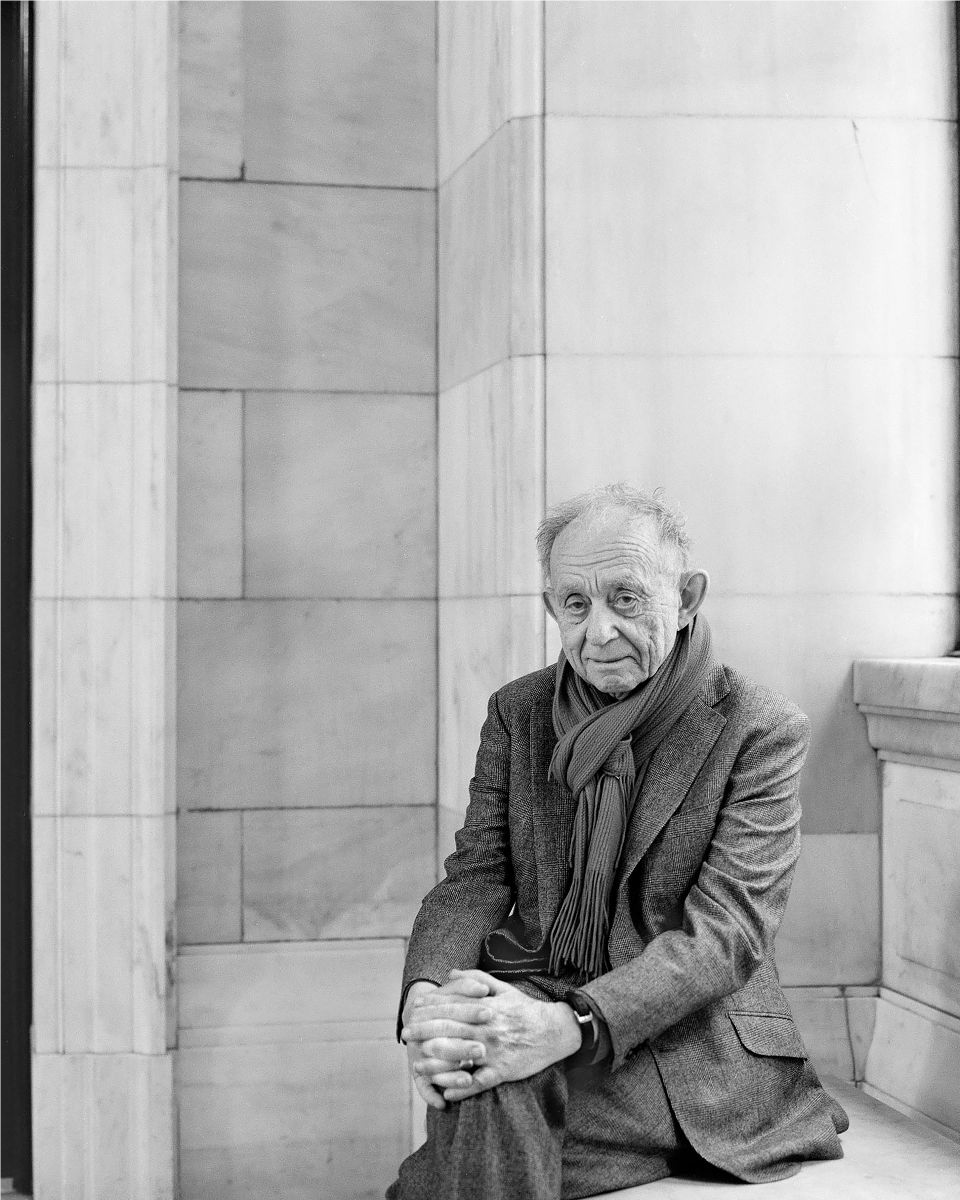
Images often speak louder than words. From this affirmation, Frederick Wiseman made it his credo, favoring the raw reality that surrounds us to bring out of itself a critical and true force, and becoming one of the greatest documentary makers of his time.
We only need to go back to the American filmmaker’s first production, TITICUT FOLLIES, to understand the full extent of his gesture when he arrived, camera in hand, between the walls of the psychiatric prison unit of Bridgewater hospital, in the mid-1960s, with the ambition of documenting the sordid daily life of its residents. No interviews, no voice-overs, no commentary, nor additional music. All that remains is the veracity of the moment, the places and their environment, transcribed on screen thanks to meticulous long-term editing work.
Frederick Wiseman applied this unique method to all of his unparalleled work, visiting a multitude of establishments and institutions as symbolic as they are significant of their subject. In addition to around forty feature films, tackling various themes such as education (HIGH SCHOOL, AT BERKELEY), health (HOSPITAL, WELFARE, NEAR DEATH), consumer society (MODEL), violence ( BASIC TRAINING, DOMESTIC VIOLENCE), but also art (NATIONAL GALLERY) and the world of theater which fascinates him (LA COMÉDIE-FRANÇAISE OU L’AMOUR JOUÉ), the filmmaker paints a straightforward portrait of our contemporary society, of the United States but also France, where Frederick Wiseman came to set up his camera on several occasions.
While the documentary section of the Festival, “Uncle Sam Documentaries”, was launched in 2003 with the idea of extending our gaze and offering other perspectives on contemporary America and its history, Deauville had to pay tribute to an essential figure of American documentary cinema. For its fiftieth anniversary, the Deauville Festival therefore naturally turned to Frederick Wiseman, the opportunity to honor an unparalleled acuity of vision and to rediscover three of his works recently restored in 4K under the supervision of the master himself: JUVENILE COURT (1973), HOSPITAL (1969) and LAW AND ORDER (1969), which will be released in theaters on September 11 in a program entitled “Once Upon a Time in America”.

